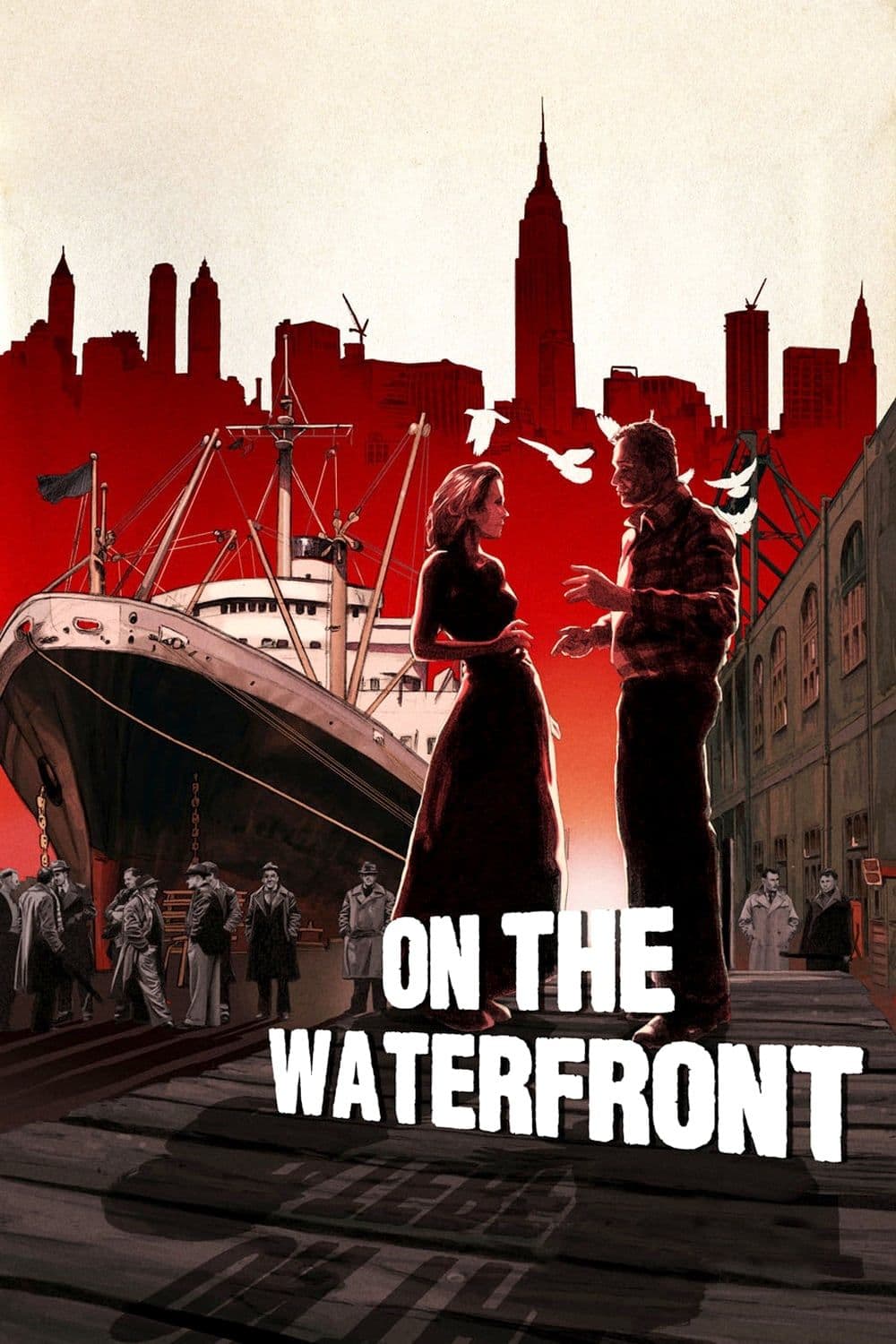
On the Waterfront
1954
Rate this movie
Average: 0.00 / 5
(0 votes)
Director
"On the Waterfront" was, among other things, Kazan's justification for his decision to testify against some colleagues (in effect, becoming an informer) as part of an inquiry aimed at rooting out communists among Hollywood ranks during the McCarthy era's witch hunt. This interpretation, while authenticated by the director himself, nevertheless diminishes the scope of a work that transcends mere self-defense to become a powerful moral parable on individual responsibility and civic courage. McCarthyism, with its leaden atmosphere of suspicion and denunciation, had transformed Hollywood into an ideological battlefield, and Kazan's choice was undoubtedly controversial, dividing friends and colleagues and leaving deep wounds. Yet, the film itself, with its raw honesty in depicting corruption and oppression, defies easy categorization, standing as an authentic cry against all forms of tyranny, be it political or labor-related.
In the film, when the union boss shouts: "You ratted on us, Terry," Brando's character shouts back: "I'm standin' over here now. I've been crawlin' for all these years. I didn't even know it." This line, carved with the brute force of truth, is not only an echo of Kazan's conviction that communism was an evil that temporarily seduced him, and that it needed to be opposed in life as well as in Art, but it is also the culmination of a journey of moral awakening. Brando's performance, imbued with that raw authenticity that only his adherence to the Method could bestow, renders the line not merely an act of denunciation, but a declaration of existential independence. It is the cry of a man who, despite his clumsy and humble vulnerability, rediscovers his dignity, rejecting an existence built on silent complicity and fear.
Terry's conduct finds a dramatic echo in "A Life," Kazan's autobiography, where the director writes his feelings after the film had just won eight Academy Awards, including Best Picture, Actor, Actress, and Director: "That night I relished my revenge, laughing. 'On the Waterfront' is my story; every day I worked on that film, it told of the world I was in and no longer wanted to be in." This "revenge" was not only personal but artistic: the triumph of an author who, through his most awarded work, could proclaim his own truth, however uncomfortable, to a world that had labeled him. The Oscar triumph, in an era of profound political division, was a clear affirmation of the film's artistic value beyond controversy, consolidating its position in the American cinematic canon.
Thus, a purely autobiographical work but also a work with great attention to set design, to the details of individual shots, to proletarian atmospheres: all of this makes "On the Waterfront" a throbbing, vibrant element, connecting the viewer to the narrative crescendo. Kazan's direction is a masterpiece of incisive realism, strongly influenced by the Group Theatre experience and the atmospheres of Italian Neorealism, which the director had studied and appreciated. The choice to film in Hoboken, New Jersey, a real port, with the presence of actual longshoremen among the extras, gives the film an authentic texture and a palpable sense of social unease. Boris Kaufman, the cinematographer, brother of the famous Dziga Vertov, sculpts the images with dramatic chiaroscuro, enveloping the characters in dense shadows and revealing faces marked by toil and fear, in a composition that recalls American realist painting of the era, and which evokes the struggle between light and darkness, between hope and corruption.
Marlon Brando portrays a young boxer, Terry Malloy, who works as a longshoreman and is, in effect, beholden to the union boss who tyrannizes the lives of all workers. Terry witnesses the killing of a man by two of the boss's henchmen and begins his cathartic journey toward redemption, incurring the wrath of the powerful union. This path would not be possible without the presence of catalyzing figures such as the shy but determined Edie Doyle (Eva Marie Saint, who would win the Oscar for Best Supporting Actress), the victim's sister, whose innocent purity awakens Terry's dormant conscience, and Father Barry (Karl Malden), a street priest who embodies the voice of social justice and morality, exhorting the longshoremen to testify against corruption. It is in this crucible of influences that Terry finds the strength to rebel, a journey culminating in the legendary taxi scene with his brother Charley (Rod Steiger), where the lament "I coulda been a contender" is not just regret for a failed sports career, but the bitter awareness of a life of compromises and submission, a true emotional watershed that defines the character's broken and redeemed soul. It is here that Brando's acting reaches unsurpassed heights, crystallizing a cinematic archetype.
A chiaroscuro film, with sharp cinematography that lingers on faces and settings, for a context that offers no escape, a corrupt and rotten environment that stifles every prospect and from which Terry Malloy-Elia Kazan wants to flee at all costs. Kazan's choice to end the film with Terry, who, despite the beatings and humiliation he suffered, leads the other workers to work, confronting the union head-on, is a powerful statement. It is not a conventional victory, but a hard-won triumph of individual and collective dignity, an act of daily resistance that resonates far beyond the specifics of the story, projecting "On the Waterfront" into the pantheon of great American dramas on freedom and conscience. Its resonance extends beyond the specific historical context, positioning it as a timeless meditation on moral courage and the price of truth.
Country
Gallery
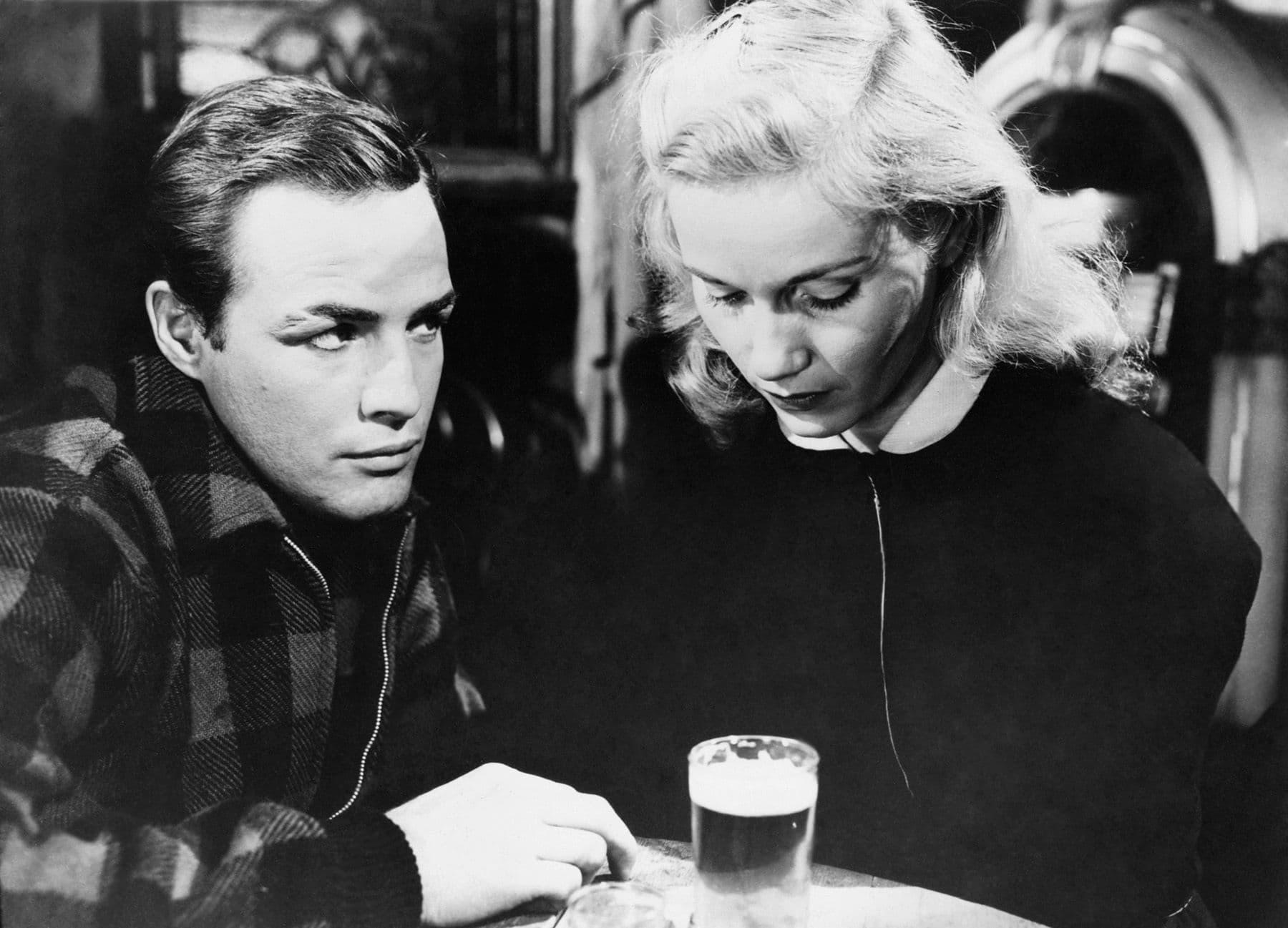
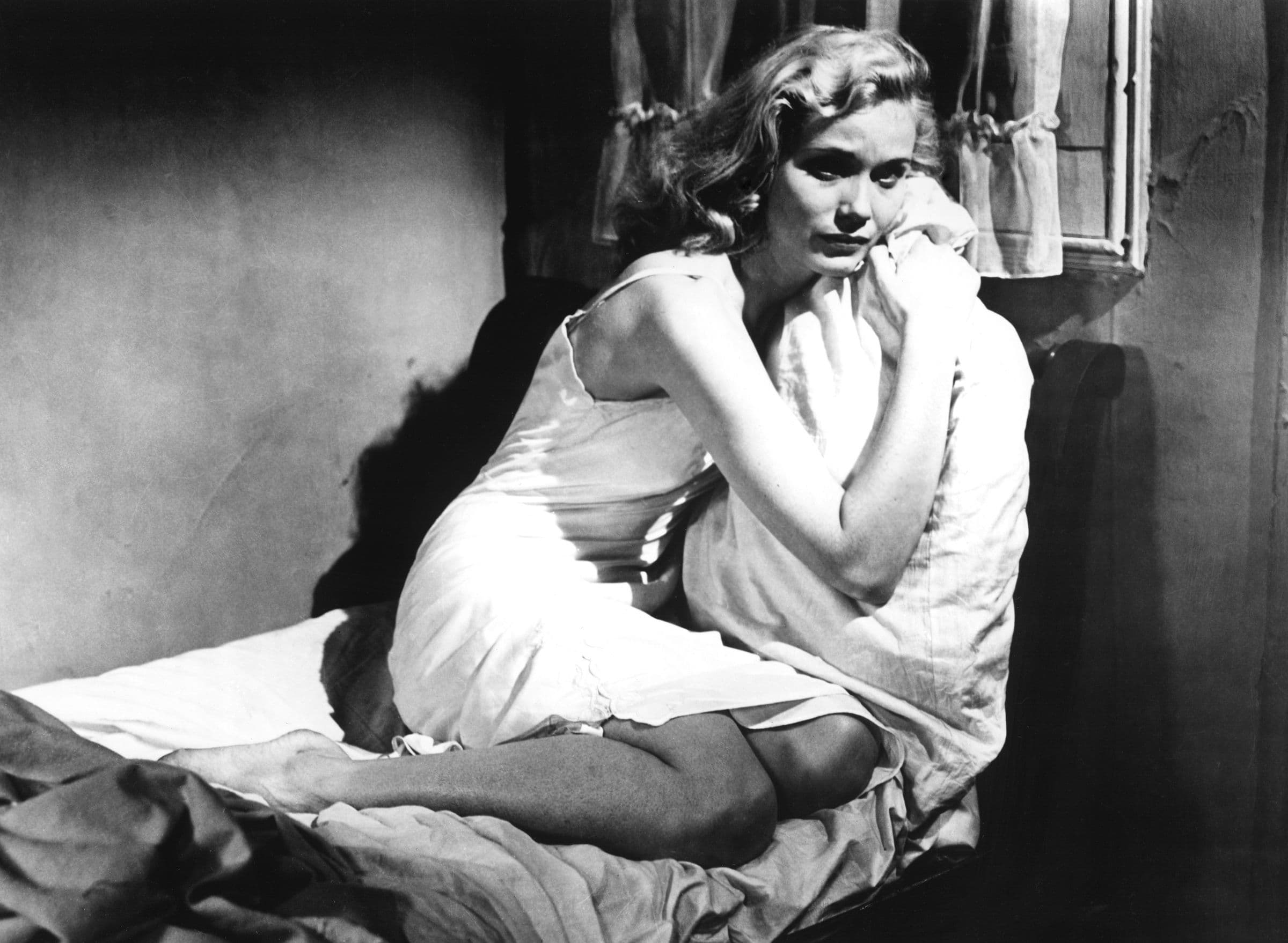
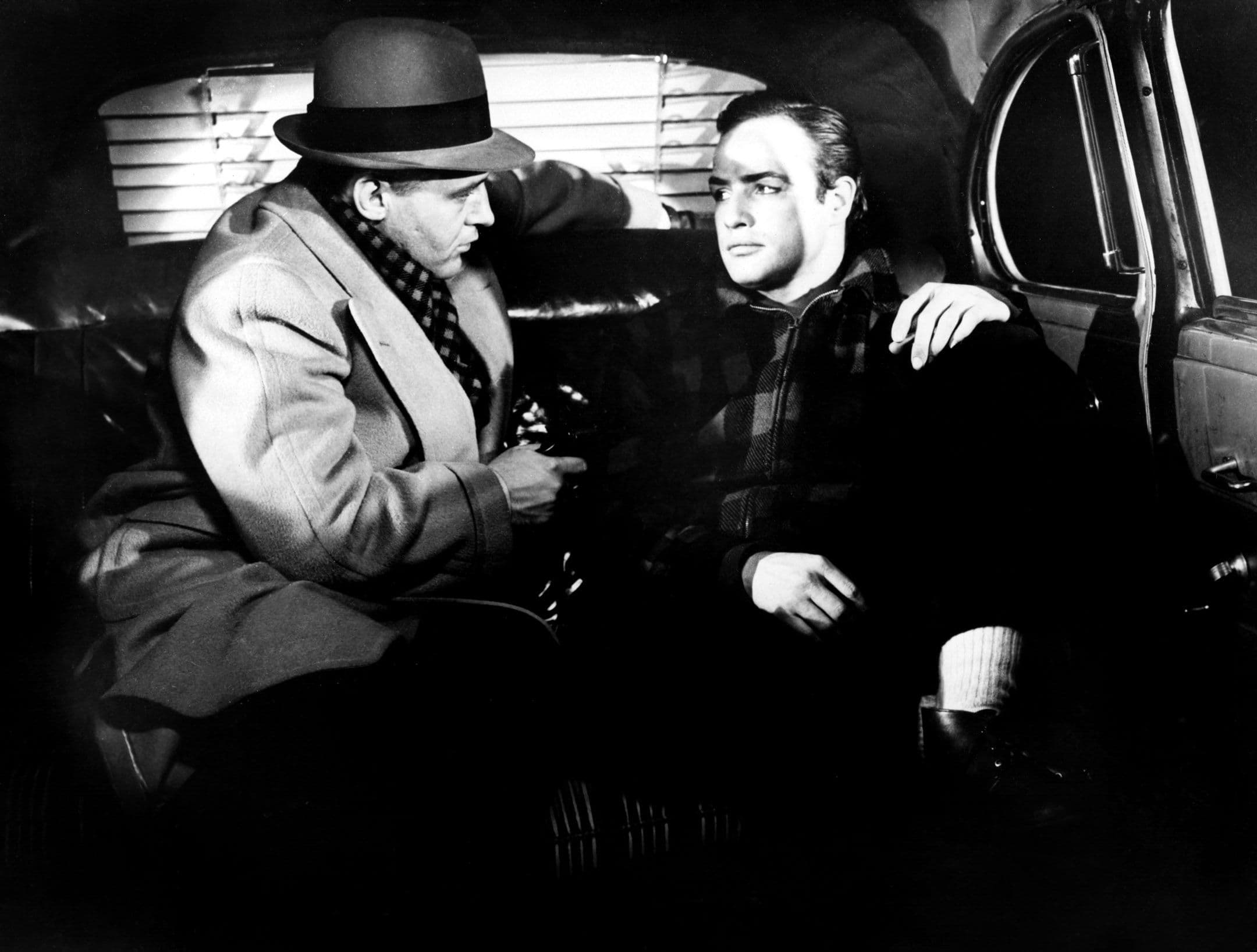
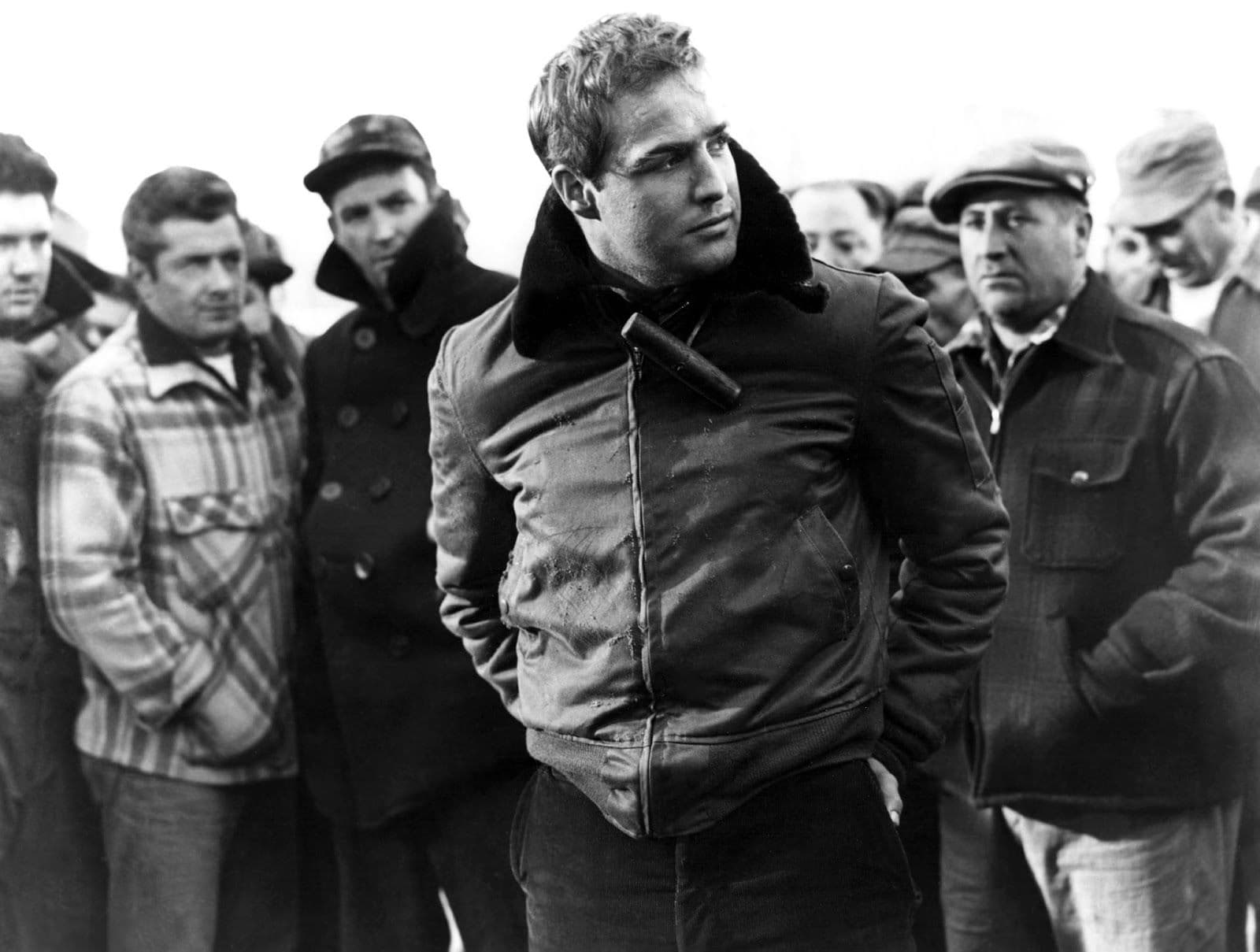
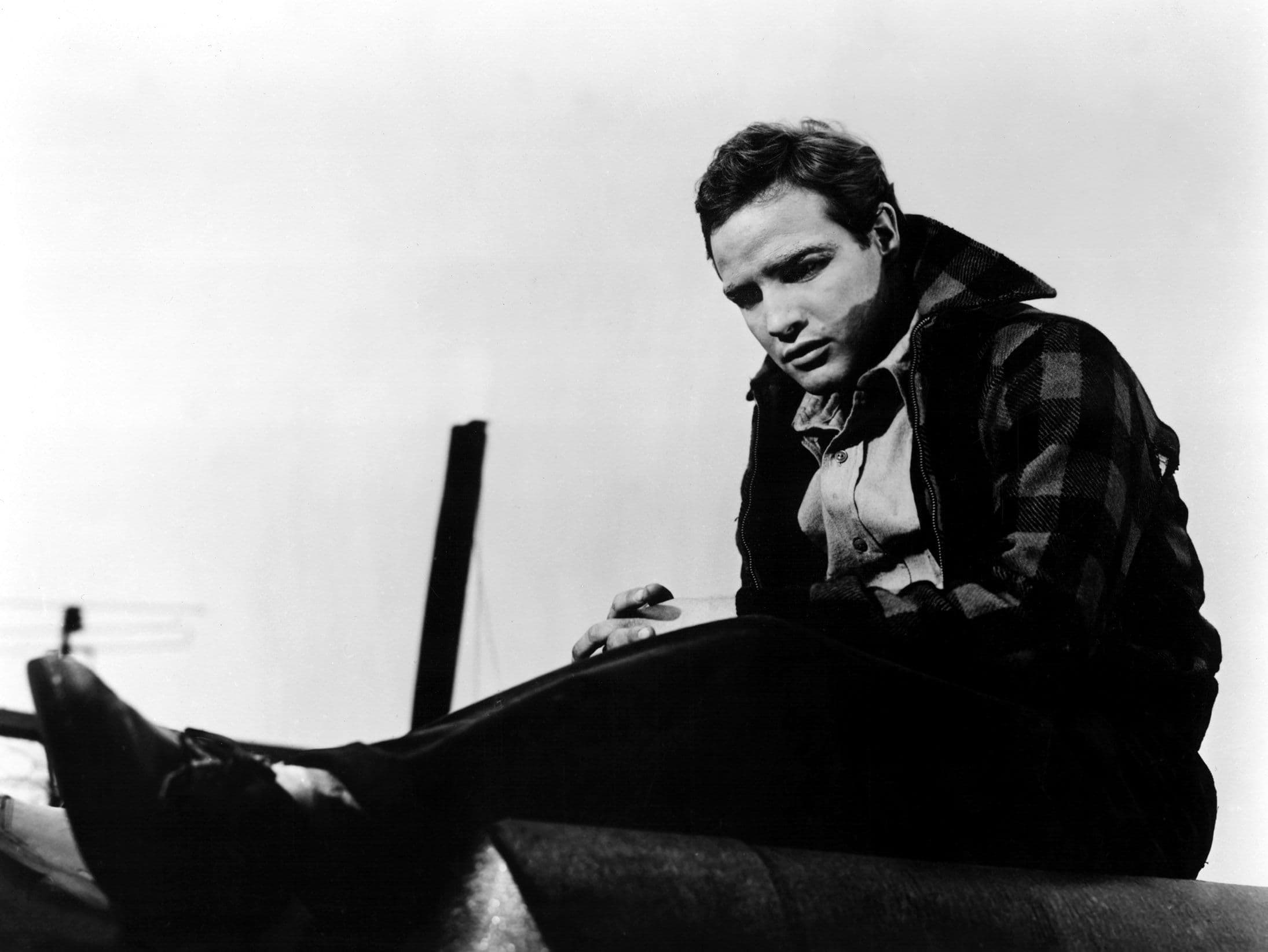

Featured Videos
Official Trailer
Comments
Loading comments...